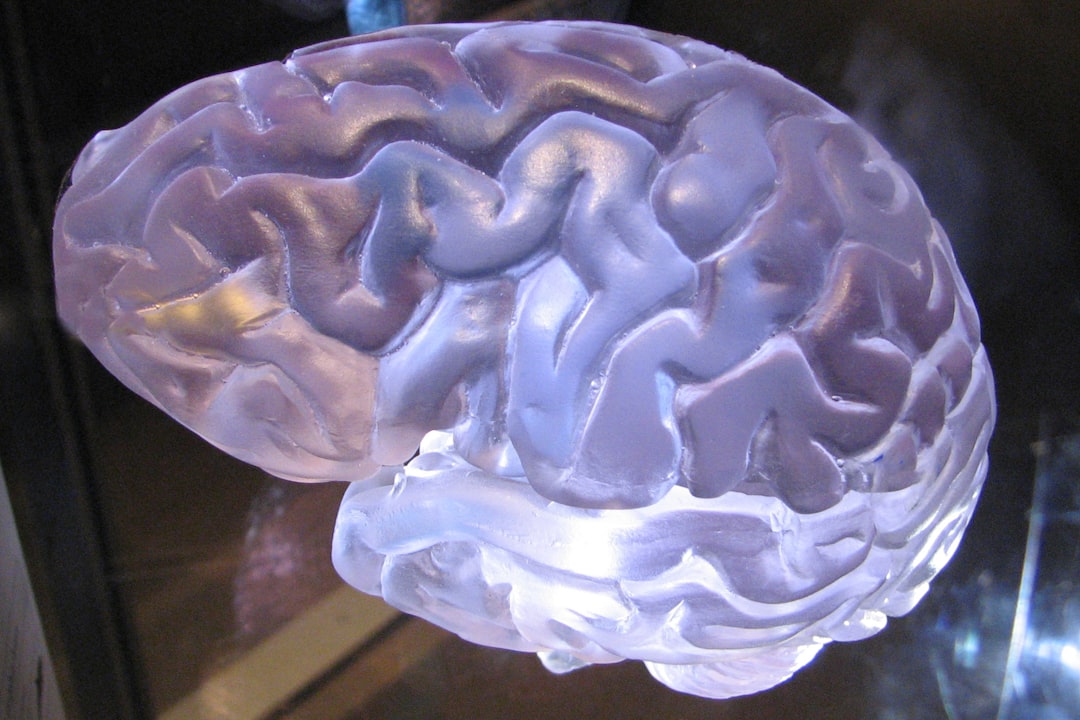What is it about?
Nerve cells release chemicals that transmit information throughout the brain and body, to control our thoughts and behavior. When this process goes awry, neurological problems can occur. Here we investigated how a recently discovered worm protein clarinet, contributes to the organization and function of this neurotransmission process. We found changes in the levels of several key proteins, partially explaining why mutant worms lacking clarinet have release defects.
Featured Image

Photo by Hal Gatewood on Unsplash
Why is it important?
The worms used in this study have relatively simple nervous systems, and are accessible to different experimental approaches. Importantly, almost all of the proteins involved in neurotransmitter release in worms have counterparts in humans and other animals. Thus, the results of this study offer new insights into how neurotransmission might be regulated in other organisms, such as ourselves
Read the Original
This page is a summary of: C. elegans
Clarinet/CLA-1 recruits RIMB-1/RIM-binding protein and UNC-13 to orchestrate presynaptic neurotransmitter release, Proceedings of the National Academy of Sciences, May 2023, Proceedings of the National Academy of Sciences,
DOI: 10.1073/pnas.2220856120.
You can read the full text:
Contributors
The following have contributed to this page










